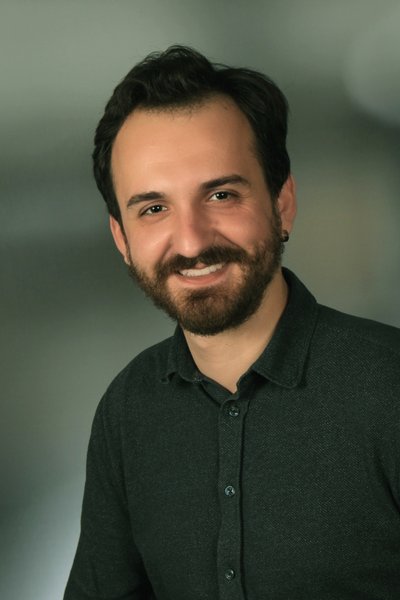Jonathan Trächter
PhD candidate (associated)
Classical Philology/ Greek

Research project
The theory of time presented in the fourth book of Aristotle’s Physics is one of the philosopher’s most extensively researched texts. Aristotle often writes briefly, which makes the understanding of some of his problems difficult or even impossible. The preserved ancient Greek commentaries, all of which are at least influenced by Neoplatonism, offer explanations of high value. In attempting to make a difficult text easier, the commentators must complement the Aristotelian text with their own interpretations so that the theory of time makes sense and becomes comprehensible.
I will examine the edited commentaries and paraphrases on the Physics, written in Ancient Greek. This includes the paraphrase by Themistius and the commentaries by Ioannes Philoponus, Simplicius, and Michael Psellos. Simplicius’ commentary shows that these commentaries—though belonging to a typically heteronomous genre—are autonomous to a substantial degree, because Simplicius not only tries to explain many problems of the Aristotelian theory but also occasionally objects to Aristotle and even appends a ‘Corollary’ presenting his own theory of time. However, the other commentators also cannot fully depend on Aristotle, because he simply is not clear enough. Thus, the commentators have to make autonomous decisions if they want to present a plausible and comprehensible theory.
In my PhD project, I will analyze how the aforementioned commentaries on Phys. IV 10–14, as well as Simplicius’ ‘Corollary on Time’, treat the Aristotelian text and its problems. I will compare their different solutions to gain insight into the commentators’ ways of thinking, as well as into the question of what a theory of time must contain, in their view, to be satisfying. I will treat the commentators as autonomous thinkers participating in a discourse across time.
Curriculum Vitae
teacher degree in Latin and Greek (also Physics as a third subject) at FSU Jena
M.A. Greek and Latin philology (From Antiquity to Humanism) at FSU Jena
B.A. Classical Studies and Psychologie at FSU Jena
Extracurricular
Teaching Assignment for Greek Syntax and Style at FSU Jena
Student tutor for Greek language courses
Member oft he students council of Classical Studies
Student assistant at the Collection of Papyri Jena for Prof. Dr. Rainer Thiel
Apprenticeship at the Collection of Papyri Leipzig with Dr. Almuth Märker
Student assistant for Prof. Dr. Meinolf Vielberg (Latin)
Presentations
„Philosophers, ‚idiots‘ and their communications problems: Lucian’s ‚vitarum auctio‘ and ‚revivescentes‘“ at Lukian-Kolloquium Leipzig of Leipzig University
„Orosius, the patriot“ at Nachwuchsforum Latein (Forum for young academics in Latin) at MLU Halle-Wittenberg with the topic „Orosius – Historiae adversus paganos“